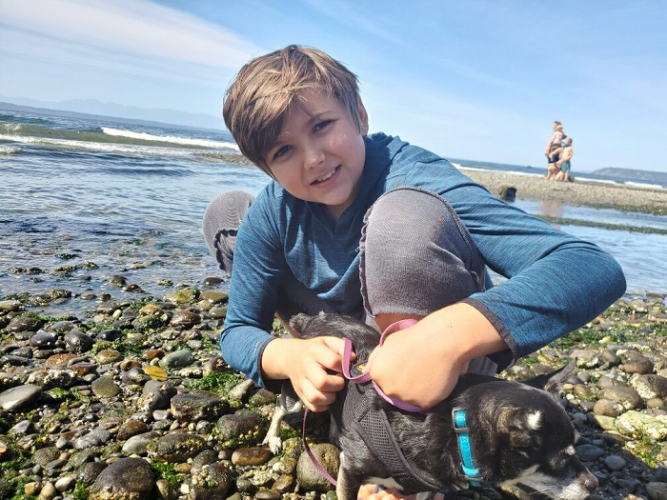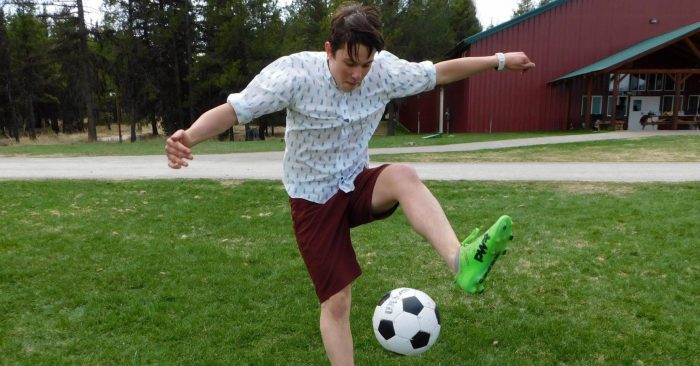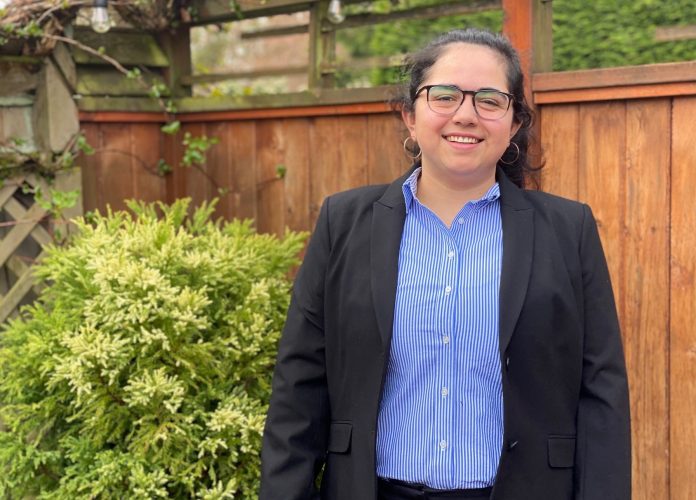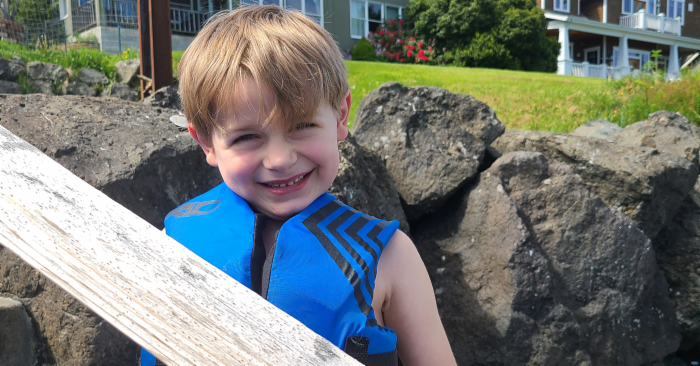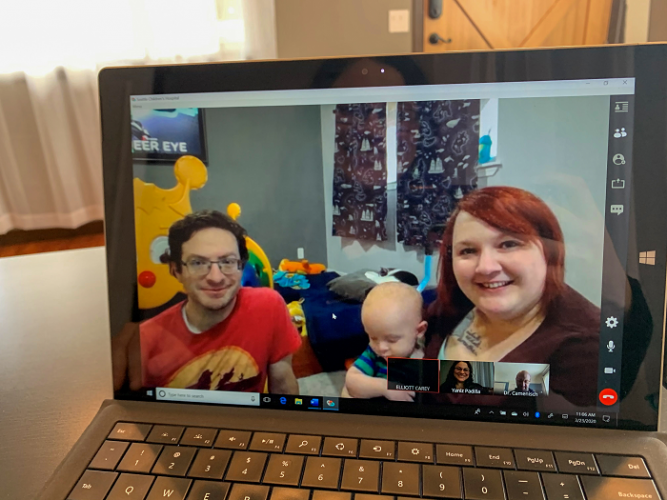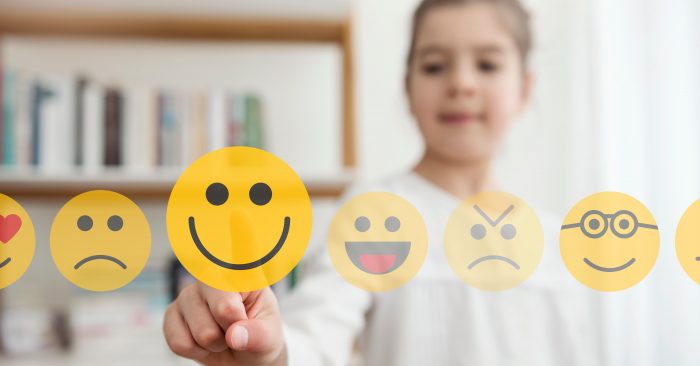During the month of December, NFL players sport a different look on their feet with custom designed cleats aimed to represent a cause that they feel most passionate about. It was only natural for Myles Gaskin, former University of Washington (UW) Huskies football player, now running back with the Miami Dolphins, to choose a cause […]
Winter can be a particularly blue time of the year for people. Darker, colder days and the post-holiday letdown often cause a decline in mood and motivation. It’s normal for all kids to experience emotional ups and downs, including the winter blues. With the COVID-related changes in school and social activities this winter, youth may […]
Xander was just 9 years old when his life took a nightmarish turn. It started with debilitating headaches, which got so bad that he needed inpatient treatment. The treatment helped, but as the headaches diminished, Xander’s parents noticed a difference in their son. “He became depressed,” said Stephanie Simpson, Xander’s mother. “He would curl into […]
I have worked at Seattle Children’s for 16 years and have been the Chief of Critical Care Medicine since 2013. My son Peter just turned 17. He recently “celebrated” his birthday at a therapeutic boarding school where he is in residential treatment for anxiety and depression. Although he was in and out of outpatient therapy […]
In recognition of Mental Health Month, On the Pulse will be sharing valuable resources and inspiring patient stories each week to guide individuals and families struggling with mental health issues and help destigmatize the topic of mental health in our society. Talking about mental health can be a challenge for anyone. Though terms like obsessive-compulsive […]
In recognition of Mental Health Month, On the Pulse will be sharing valuable resources and inspiring patient stories each week to guide individuals and families struggling with mental health issues and help destigmatize the topic of mental health in our society. One late afternoon in April, Jessie Early noticed something was wrong her with 7-year-old […]
Jessica Carey’s family has received care for her twin sons at the Seattle Children’s Autism Center for about four years. She transitioned to telehealth in February due to the COVID-19 pandemic. Telehealth refers to a broad spectrum of remote technological healthcare services, which may include non-clinical services, while telemedicine is the practice of delivering clinical […]
In recognition of Mental Health Month, On the Pulse will be sharing valuable resources and inspiring patient stories each week to guide individuals and families struggling with mental health issues and help destigmatize the topic of mental health in our society. Alyssa Scott, 17, is a senior in high school. She’s an honor student, participates […]
Managing a child’s mental health can feel like an uphill battle with no end in sight. Often times, parents and caregivers feel lost when it comes to navigating through their child’s emotions when they are experiencing a mental health crisis or mitigating a situation before, during and after a crisis occurs. Some of the best […]
Dr. Yolanda Evans and social worker Erik Schlocker of Seattle Children’s Adolescent Medicine Clinic bring you this post as part of our Supporting Mental Wellness and Family Life During COVID-19 efforts. The COVID-19 pandemic has changed the way humanity lives. We are sheltering in place, changing our patterns of social interactions, and relying on virtual […]


